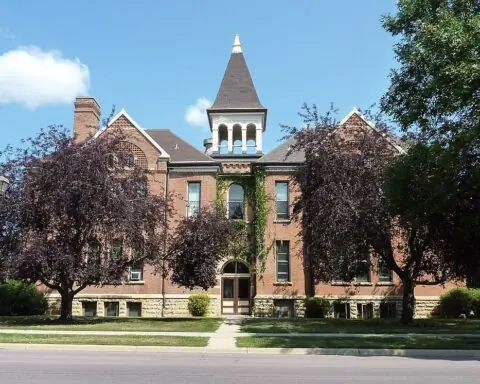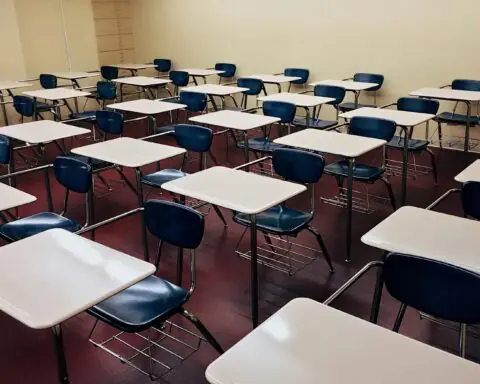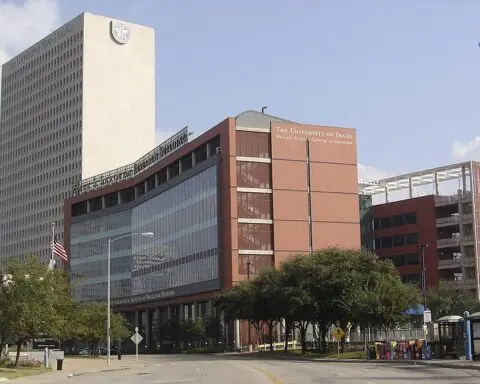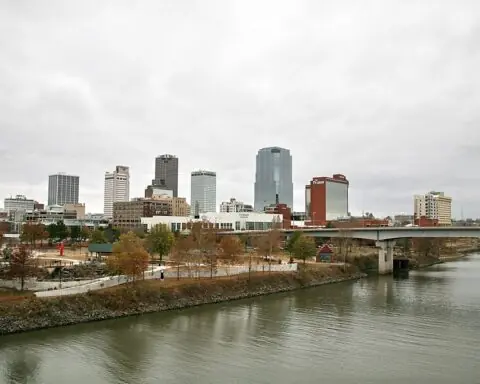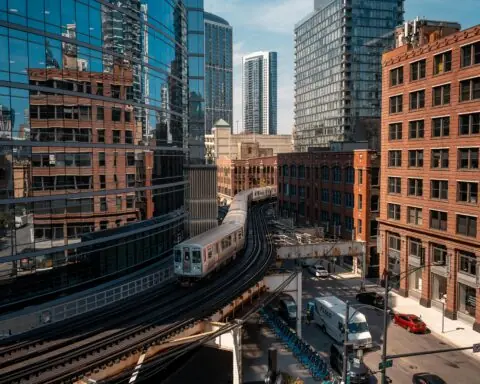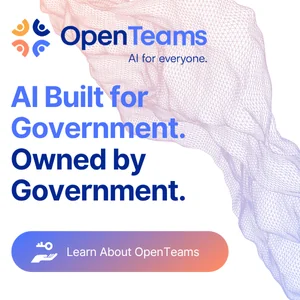A public transit project in Rochester, Minnesota will receive federal support to develop electrified buses and charging infrastructure on one of the city’s most heavily traveled roads.
The U.S. Department of Transportation’s Federal Transit Administration (FTA) is announcing an $85 million grant to advance a bus rapid transit (BRT) project in Rochester. Funded by the Bipartisan Infrastructure Law of 2021, the FTA will pull the funds from the Capital Investment Grants program to support the ambitious electrified transit initiative.
In Rochester, the 2nd Street SW corridor is one of the busiest in the city, carrying almost 22,000 vehicles and 13,000 transit riders daily. As the city continues to grow, issues like traffic congestion, expensive parking options and limited access to healthcare and public resources are only expected to increase.
RELATED: Voters in Central Ohio approve LinkUS bus rapid transit plan
To alleviate this, Rochester’s $143.4 million Link BRT project proposes 2.8-mile electric bus service along 2nd Street from 6th Street to West Transit Village. Developed along more than half of the congested corridor, the proposed BRT line will reduce travel delays, improve public access to resources and provide riders with several new stations and fare-free service on a fully electric bus fleet.
Commonly found in major cities with heavy traffic congestion, BRT systems provide fast and efficient public transit service by utilizing dedicated bus lanes, traffic signal priority, off-board fare collection and upgraded stations. Drawing inspiration from successful models in Latin America, BRT’s innovative design and operational features make it an appealing solution for cities struggling with traffic and transportation challenges.
The new line would feature seven new heated stations across the city at 6th Street, Civic Center, 2nd Avenue, 6th Avenue, Saint Mary’s Transit Center, 19th Avenue and West Transit Village. Featuring real-time signage and lighting improvement, these stops will offer easier access to downtown Rochester, the Mayo Civic Center, several Mayo Clinic medical campuses and the Downtown Waterfront Southeast area.
To service the future line, the electrified Link project would develop 12 high amenity, 60-foot, fully electric buses and charging infrastructure along the 2nd Street corridor.
Bus service, operated by Rochester Public Transit, will be fare-free for all riders and is anticipated to run seven days a week from 5 a.m. to midnight on weekdays and 8 a.m. to midnight on weekends.
Upon completion, officials anticipate the project will attract more riders to the public transit system, improve the public’s quality of life and offer residents safer multimodal travel options, including biking, walking and carpooling.
Additionally, the project will spur transit-oriented developments near the end of the line. A mixed-use building will be constructed near the transit station in the Mayo Clinic’s parking lot. Granted $16 million in state funds, the city-led project would host 300 new housing units, electric bus chargers and a public plaza.
The Link BRT project is currently in the advanced design stages. After receiving this federal support, the city of Rochester will pursue a construction contractor for the pre-construction phase in January. The city will offer a variety of construction bid packages for development firms wanting to get involved. These include the Bus Guideway Civil, the Bus Stations and Transit Center, the West Transit Village and the Bus Maintenance Bay Addition packages.
For the Bus Guideway Civil and West Transit Village bid packages, contractors will conduct work that will involve grading, sanitary sewers, water mains, storm sewers, sidewalks, concrete paving, landscaping, curbs and gutters.
Rochester’s Bus Stations and Transit Center and Bus Maintenance Bay Addition packages will address work on bus stations, tunnels, HVAC, electrical, communications, snowmelt, technology and the expansion of an existing maintenance facility to support the new Link BRT bus fleet.
Project officials anticipate construction will begin in spring 2025. The city and its partners will conduct commission and testing on the new BRT line starting mid-2026, prior to the line opening to the public in fall of that year.
Government Market News has inquired Link BRT officials about specific construction bid deadlines and bus specifics but has not heard back at this time. We will update this story as more information is made available.
Photo courtesy Znns







